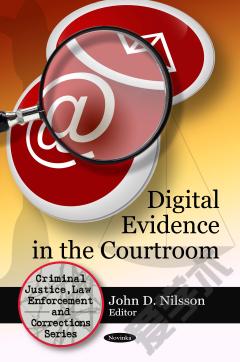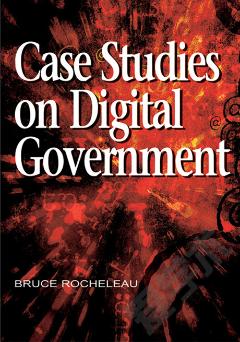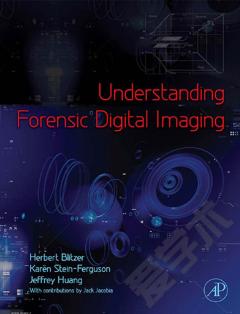Digital Evidence in the Courtroom
Now essential to modern life, computers have also become increasingly important to criminals, who steal information, commit fraud, and stalk victims online. Even if a crime was not committed online, law enforcement may discover critical evidence from an offenders' digital media. For this evidence to be admissible however, police must demonstrate proper collection and handling. In the courtroom, prosecutors must overcome the twin barriers of skepticism and lack of technical understanding. To assist prosecutorial offices and associated law enforcement agencies, the National Institute of Justice (NIJ) has developed a series of guides dealing with digital evidence to address the complete investigation process. This book informs crime scene investigators and other handlers about legal requirements for the handling of digital evidence and also provides guidelines for successful prosecution. This book also provides information into the application of using digital evidence to convict in child pornography cases.
{{comment.content}}








 京公网安备 11010802027623号
京公网安备 11010802027623号